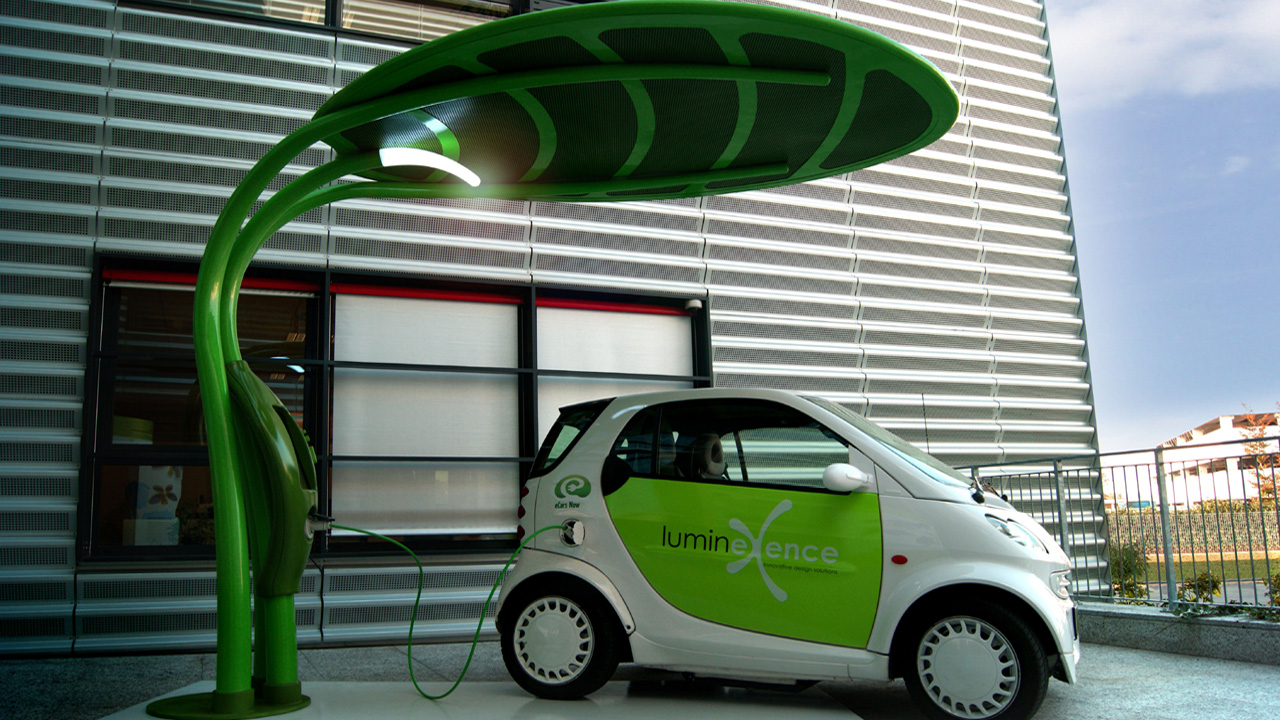
Promoting Green Transport in Israel: Ensuring Sustainable Mobility
With growing concerns about climate change and environmental sustainability, the need to promote sustainable transport options has become critical. In Israel, a country known for its innovative spirit and commitment to green initiatives, there is an increasing focus on implementing environmentally friendly transport solutions. From electric vehicles (EVs) to public transport and cycling infrastructure, there are various efforts to reduce carbon emissions and create a more sustainable future. Let's take a look at the promotion of environmentally friendly transport in Israel and the initiatives that contribute to this positive change:
Government incentives for electric vehicles (EV):
The Israeli government has taken significant steps to promote the adoption of electric vehicles. One of the key initiatives is to provide financial incentives for the purchase of electric vehicles. These incentives include tax breaks, reduced import taxes, and purchase price subsidies. In addition, EV owners benefit from lower registration fees and reduced parking rates in certain areas.
Expansion of electric vehicle charging infrastructure:
To support the growing number of electric vehicles, Israel is working to expand its electric vehicle charging infrastructure. Charging stations are being installed in cities, commercial areas and along highways to provide electric vehicle owners with convenient and affordable charging options. The government has also partnered with private companies to build a nationwide network of charging stations.
Improvements in public transport:
Improving public transport is a vital aspect of promoting environmentally friendly transport. Efforts are being made in Israel to expand and modernize public transport systems. This includes introducing electric buses and increasing the frequency of service to reduce reliance on private cars.
Bike sharing programs:
Bicycle sharing initiatives have gained popularity in several cities in Israel, offering residents and visitors a convenient and environmentally friendly means of transportation over short distances. These bike sharing programs encourage cycling as a greener alternative to conventional transportation.
Pedestrian friendly infrastructure:
Israeli cities are investing in pedestrian-friendly infrastructure such as improved sidewalks, crosswalks and pedestrian-only areas. Encouraging walking as a mode of transport not only reduces pollution, but also promotes a healthier lifestyle.
Sustainable urban planning:
Urban planners in Israel are incorporating "green" principles into urban development. This includes designing compact and walkable mixed-use neighborhoods, reducing the need for long commutes, and encouraging the use of public transport or cycling.
Car and ride sharing:
In Israel, car-sharing and ride-sharing platforms are gaining momentum, allowing passengers from commuter areas to drive together and reduce the number of vehicles on the roads. These initiatives help reduce emissions and reduce traffic congestion.
Educational and outreach campaigns:
Education plays a critical role in encouraging the adoption of environmentally friendly transport. Awareness campaigns and educational programs are conducted to inform the public about the benefits of environmentally friendly transport options and the impact of their choice on the environment.
Research and innovation in the field of environmentally friendly vehicles:
Israel has a developed startup ecosystem focused on sustainable mobility. Several companies are developing innovative technologies for electric vehicles, batteries and the integration of renewable energy sources, helping to promote environmentally friendly transport solutions.
Conclusion:
As a country at the forefront of innovation and sustainable development, Israel is making significant progress in promoting environmentally friendly transport. By encouraging the development of electric vehicles, expanding the charging infrastructure, improving public transport and encouraging active modes of transport, Israel is setting an example for other countries to follow. The collective efforts of government, the private sector and citizens to achieve sustainable mobility are paving the way for a cleaner and greener future of transport in Israel.






